TEHRAN (Bazaar) –Nader Entessar, Professor Emeritus of Political Science from university of South Alabama says that Based on the public statements of various high-level Iranian officials, it appears that Tehran will not increase its cooperation with the IAEA beyond implementing the terms of the country's safeguards agreement with the Agency.
“As Iran must have learned from its JCPOA experience in the past several years, one-way concessions are counter-productive and redound to the detriments of Iran's long-term interests,” Entessar told Bazaar.
Following is the full text of the Bazaar interview with Professor Entessar:
Q: Rafael Grossi, Director General of the International Atomic Energy Agency, visited Iran. What is your assessment of this trip?
A: Based on what is publicly available, Rafael Grossi's trip did not achieve any major breakthrough in the IAEA's long-standing impasse with Iran. That is, it appears that there are still several unresolved issues between the IAEA and Iran. However, Grossi's trip was useful because it gave an opportunity to each side to once again state or clarify its position and concerns in face-to-face meetings.
Q: Some believe that Grossi was able to take a good step with Iran on this trip regarding the issue of connecting two centrifuge cascades and the issue of 84% enrichment. Based on this, the surveillance in Fordo will increase by 50% and the cameras that were shut down will start working again. Based on this, it seems that Iran had good cooperation with the agency in this regard. What is your assessment?
A: We have to see what specific issues were agreed upon once Grossi returns to Vienna and issues a formal report on his latest trip to Tehran. In past trips, Grossi's assessments, as reflected in his press conferences upon his return to Vienna and his reports, were not in congruence with what Iranian officials had thought they had agreed upon.
Q: With Grossi's positive comment, it seems that the Board of Governors of the IAEA will not issue a punitive declaration against Iran in its upcoming meeting. What is your assessment?
A: If Grossi indeed offers a generally positive assessment of his latest trip to Iran once he is in Vienna, then the IAEA's Board of Governors most likely will not issue a punitive declaration against Iran in its next meeting. But again, as I stated before, both the substance and the tone of Rafael Grossi's comments will be crucial in terms of what the IAEA's Board will do in its upcoming meeting.
Q: Regarding 84% enrichment, according to Iran's explanation that the final product of enriched uranium is less than 60%, Grossi has not expressed any particular concern. What is your assessment and will the Board of Governors have a more serious reaction than Grossi?
A: The meetings of the Board of Governors are always micro-managed by some key Western powers, especially the United States. If Grossi does not offer a strong endorsement of Iran's explanation for the 84% enrichment, the Board may have a more serious reaction and may add this issue to the already existing issues to pressure Iran.
Q: Perhaps it did not seem that Iran would increase its cooperation with the Agency at this level and perhaps provide a suitable ground for the revival of the JCPOA. What is your assessment?
A: Based on the public statements of various high-level Iranian officials, it appears that Tehran will not increase its cooperation with the IAEA beyond implementing the terms of the country's safeguards agreement with the Agency. This is the right move at this juncture and should remain Iran's position until and unless E3 and the United States start fulfilling their JCPOA obligations. As Iran must have learned from its JCPOA experience in the past several years, one-way concessions are counter-productive and redound to the detriments of Iran's long-term interests.

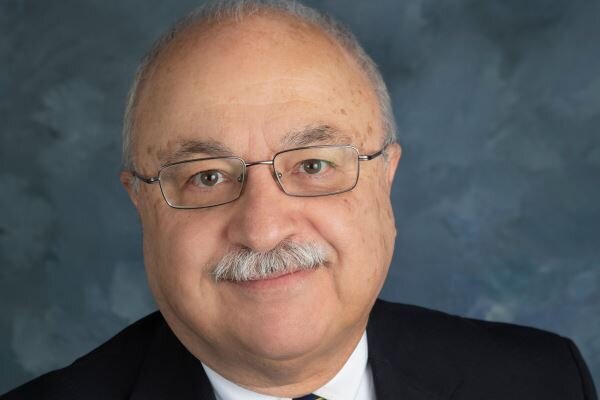





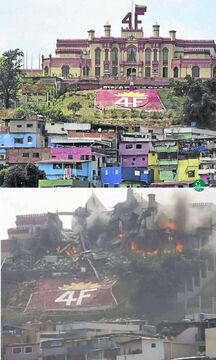
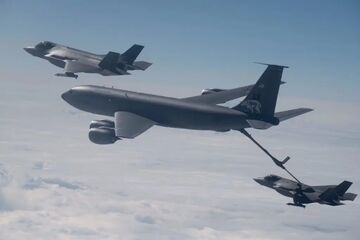
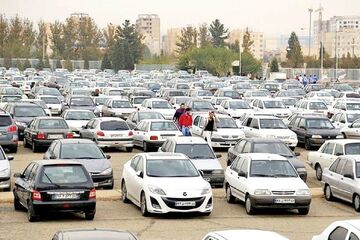



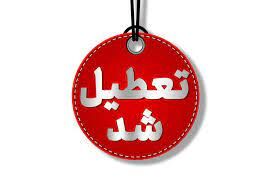
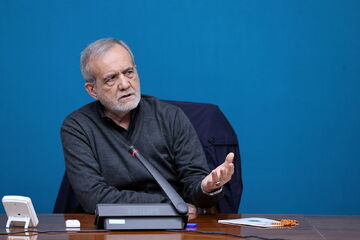
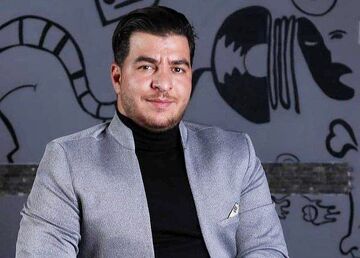
نظر شما